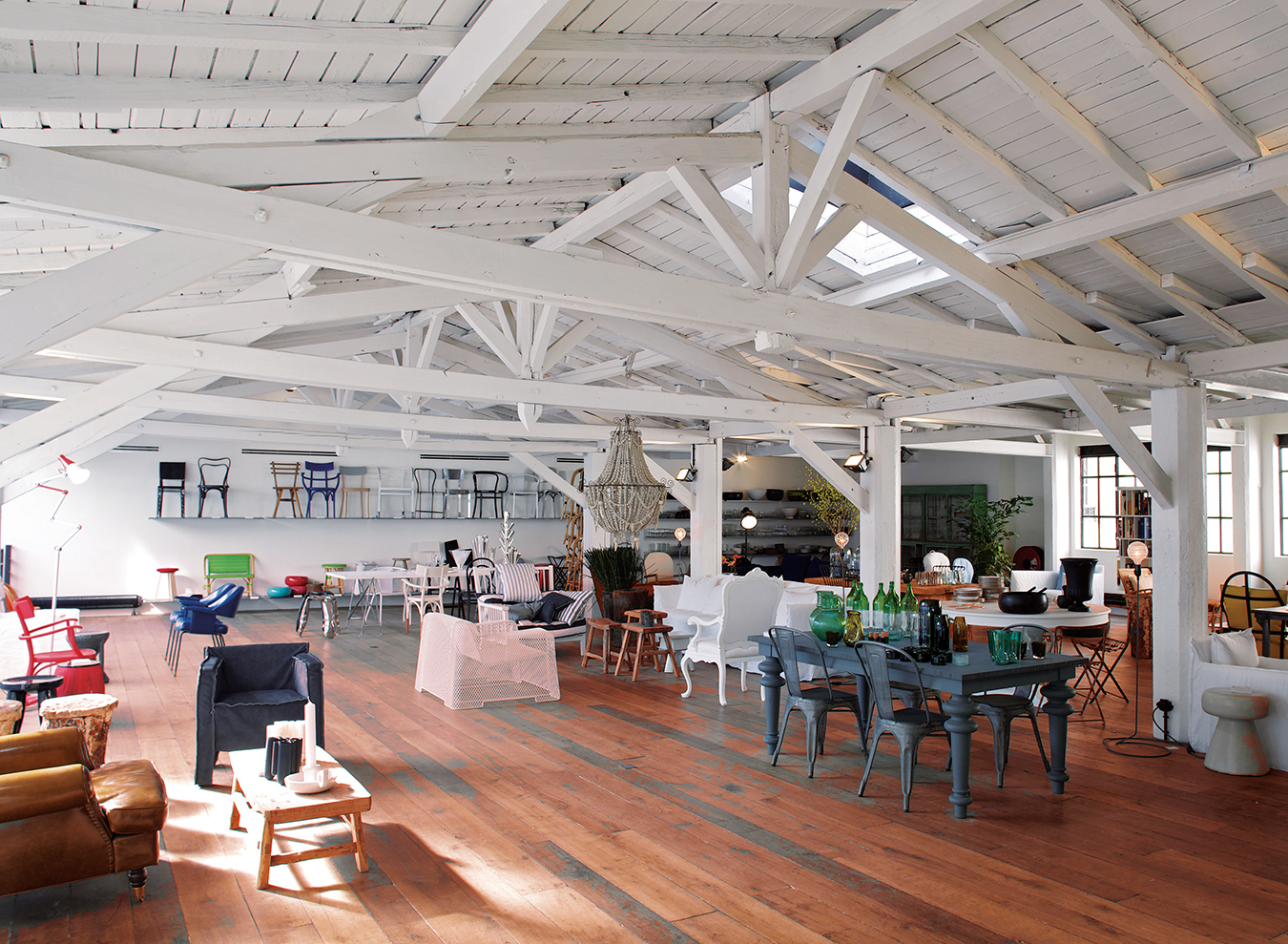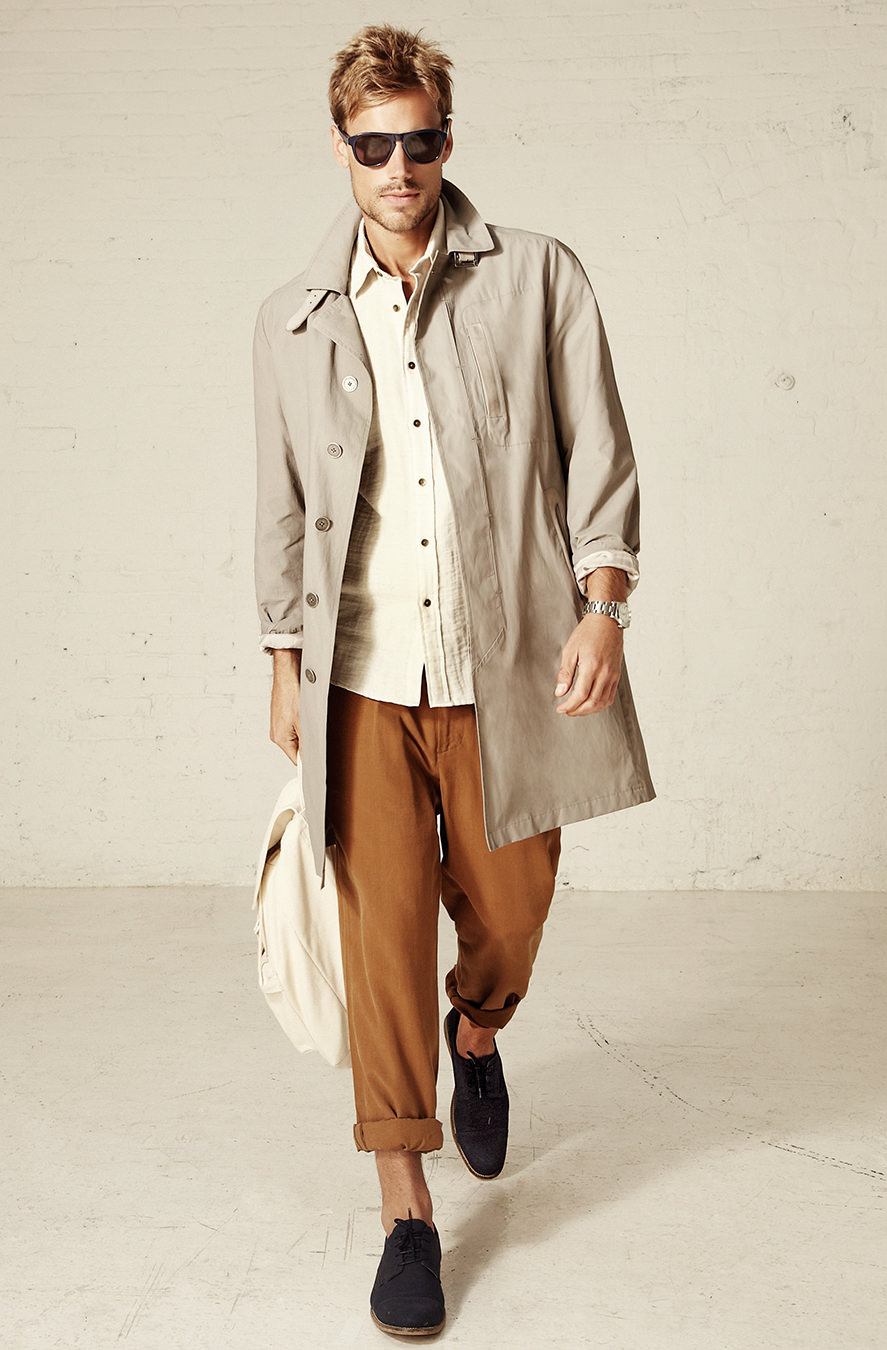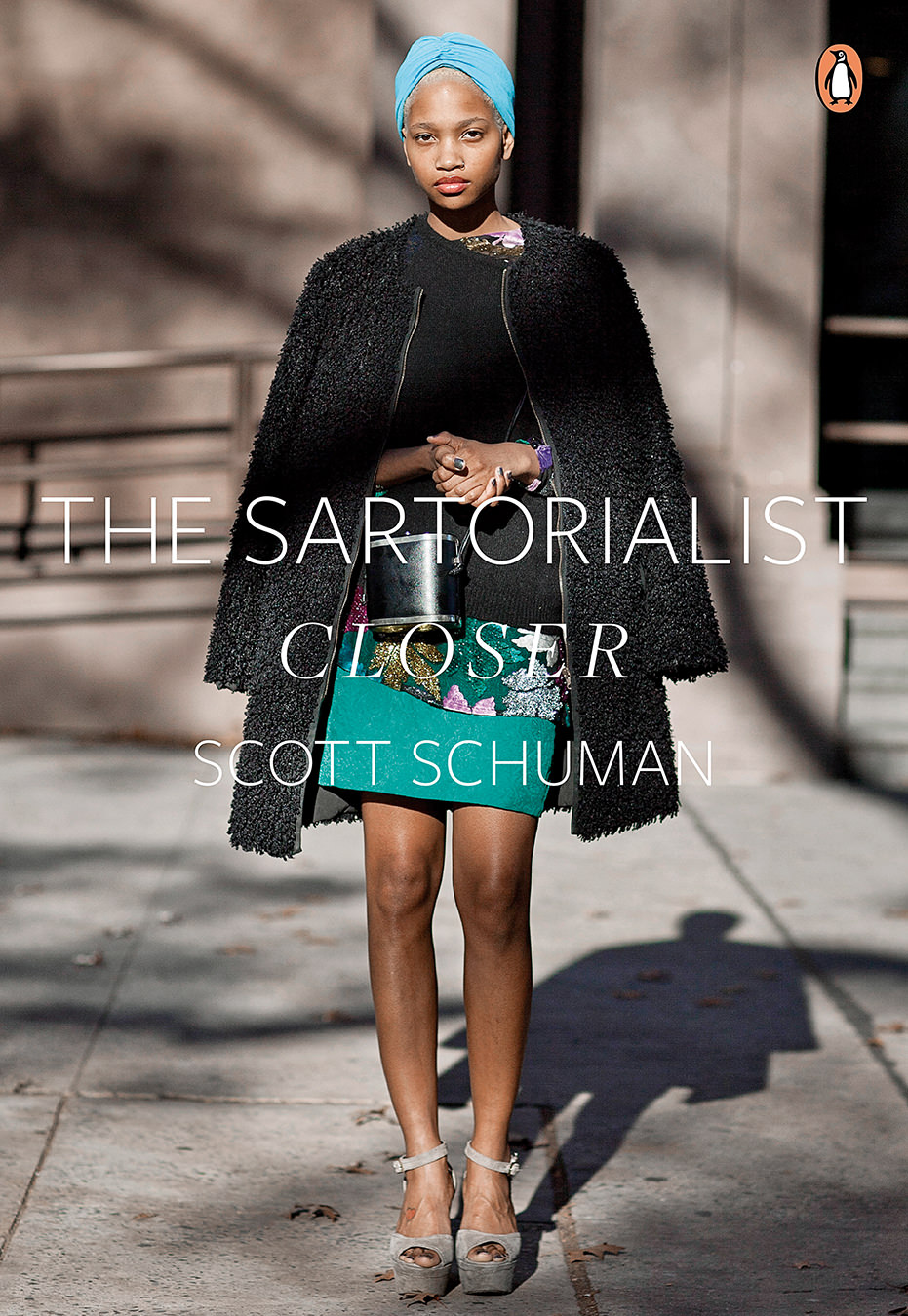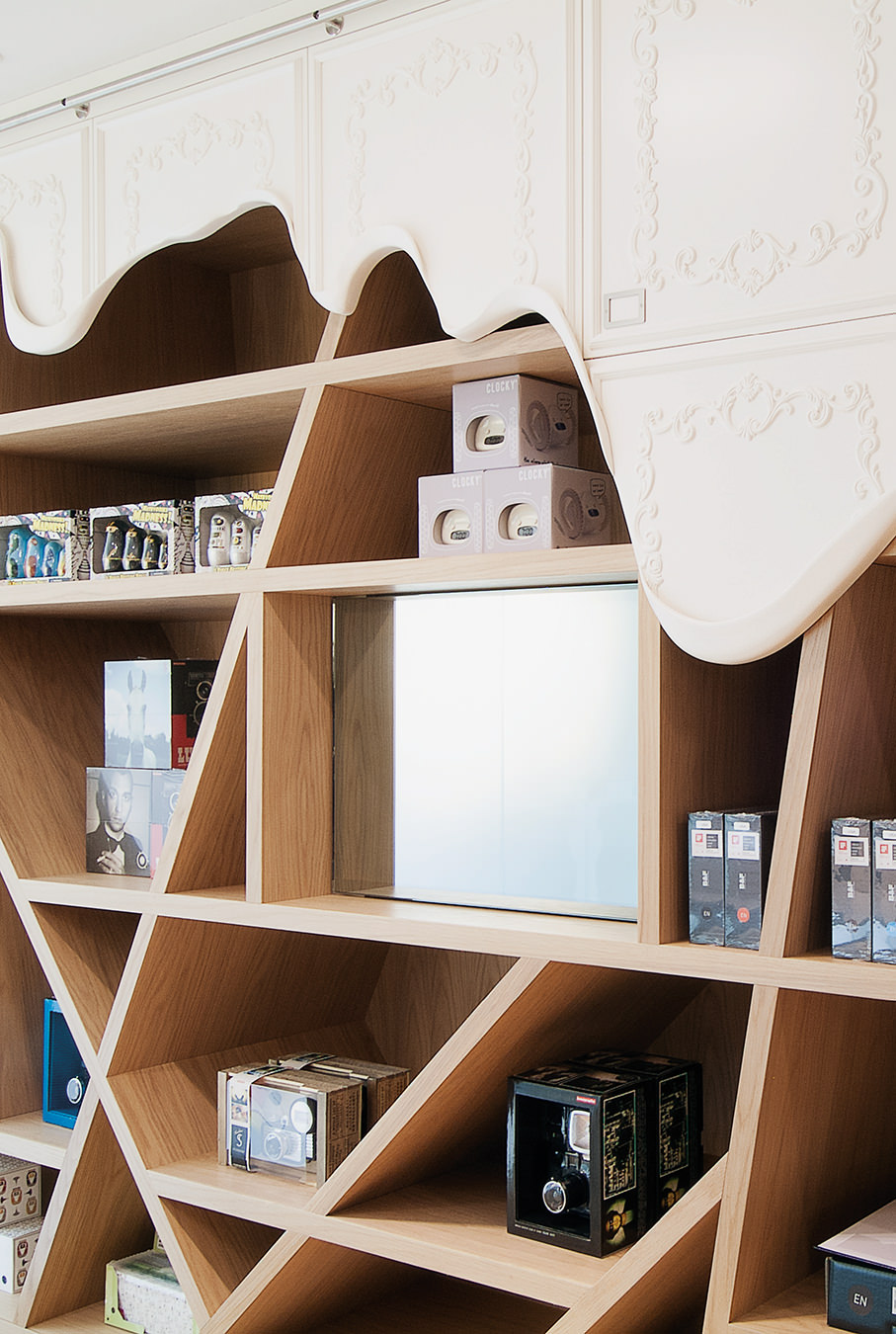Merci
Little shop of wonders.

Boulevard Beaumarchais is lined with stores selling everyday stuff like sticky tape, light bulbs, and lottery tickets. So it’s no surprise to come on a charity shop in its midst. But forget bins brimming with dubious castoffs or shelves of abandoned knick-knacks. Merci, which opened earlier this year, takes a whole new approach to doing good.
The couple saying thanks are Marie-France and Bernard Cohen, founders of the delectable Bonpoint label for kids. They have transformed an old wallpaper factory into a 1,500-square-metre concept store that spans fashion, decor, and the carefully curated second-hand. Profits go to a foundation that helps children in Madagascar.
Wander by Merci’s bower of a flower shop (foxgloves and old-fashioned roses rather than gerberas), across the courtyard, past a laden lipstick-red Fiat Topolino, and enter the airy interior. Sunlight floods in, brightening up, last time we looked, weathered Adirondack chairs and smart metal mesh lockers—but the brocante-ish stock changes constantly.
Try a café crème in the Used Book Café, its long and winding wall filled with donated volumes in multiple languages. Restored, you might then check out the vintage collection: pristine white 19th-century nighties dangle from angel-wing coat hangers; couture speaks to the hip young Parisiennes cooing over that 1980s Yves Saint Laurent. Across the way, a separate boutique displays the results of alliances between Merci and big-name designers like Stella McCartney.
These special editions are already making Merci a cult destination for one-offs and exclusives, such as pastel versions of Drucker’s classic wicker café chair. Nor will you find elsewhere those Annick Goutal refillable scented candles, or the half dozen eaux de toilette whose minimal packaging saves you 40 per cent. A family link here: the late parfumeur was Marie-France Cohen’s sister.
At Merci, children, naturally, have their own delightful boutique, as do dads. Go on, buy that shirt. It’s for a good cause.
The recycled packing crates that function as fitting rooms are not for sale but much of the decor is, including an optician’s eye chart, and steel shelf units from the 1920s that once held textiles and now house classic café au lait bowls. Linen, dyed soft blues, pinks, and browns, covers a capacious sofa or your bed with, for the eco-minded, a drap de voyage, a sheet in its own case intended for trips, house parties, even hotel rooms. Faultlessly simple French book covers are wrapped around blank paper, an incentive to writing a novel or at least keeping a journal. Downstairs is another café for fresh soups or salads, or invest a few euros and kit yourself out for a Seine-side picnic with a roll of tear-off cotton napkins, biodegradable cutlery, and handsome plastic tableware.
Guaranteed you’ll leave with something in a serviceable brown paper bag along with the knowledge that, even though Paris aloofness is now largely a myth, this is one store where staff take real delight in saying merci to customers.




